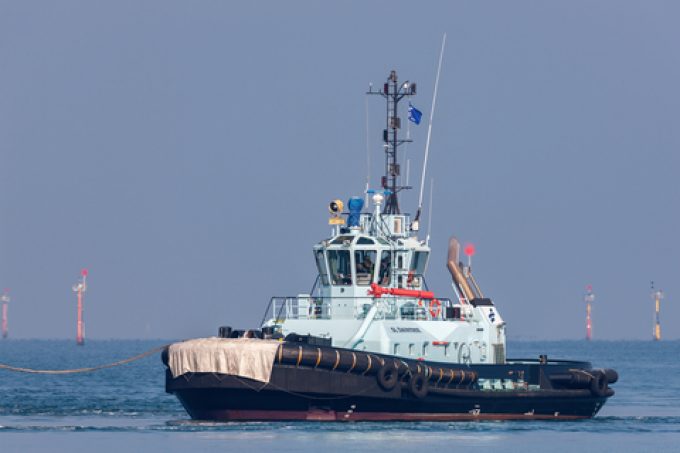Shipping Australia calls for reform of industrial relations
As industrial action by an Australian dockworkers’ union against terminal operator Qube is set to ...

AP Møller-Maersk-owned Svitzer is set to bring Australia’s container ports “to a standstill” by barring its tug boat crews from working.
It’s the latest escalation in a three-year battle with trade unions over a new employment agreement.
Yesterday, the Danish company announced an “indefinite lockout” of all its 582 harbour towage employees from noon on Friday, effectively closing shipping traffic to Australia’s 17 major ports.
Svitzer said it would lock out its tug boat crews “under the provisions of the Fair Work Act, ...
'Disastrous' DSV-Schenker merger would 'disrupt European haulage market'
New senior management for DSV as it readies for DB Schenker takeover
Volumes set to 'fall off a cliff' as US firms hit the brakes on sourcing and bookings
Asian exporters scramble for ships and boxes to beat 90-day tariff pause
Amazon pushes into LTL for small package fulfilment and UPS does a u-turn
Temporary tariff relief brings on early transpacific peak season
Pre-tariff rush of goods from US to China sees air rates soar, but not for long
Forwarders 'allowing the fox into the chicken run' by supporting 'hungry' carriers

Comment on this article